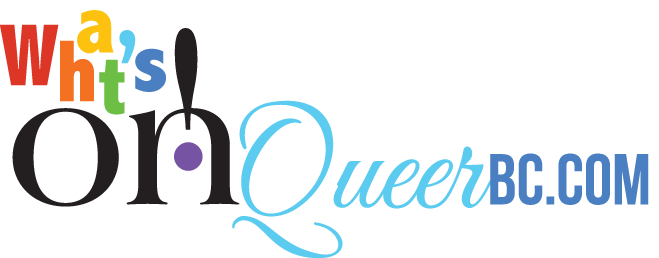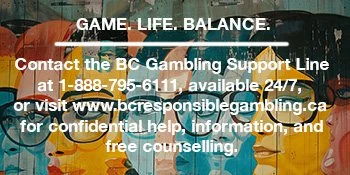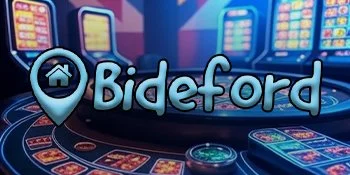Is Monogamy The Only Successful Option?
Is Monogamy the Only Option for a Successful Relationship?
Just like identity, sexuality, and our bodies, relationships can come in all shapes and sizes. Having a label for what your relationship looks like can be helpful. But it’s certainly not essential for experiencing a happy, healthy relationship dynamic. That’s down to you and whoever you are involved with.
Historically, monogamy has been the benchmark for relationships, especially in Western cultures. But in recent years, many people have decided to carve their own paths. And what they’ve discovered is that there’s far more beyond the frontier of monogamy than we imagined.
In fact, there are dozens of relationship templates out there worth exploring…
We’re going to do a deep dive into the many different relationship options and explore why monogamy is still such a common path for couples to follow.
Let’s go!
What Other Relationship Options Exist Beyond Monogamy?
If you’re finding monogamy to be a restrictive or dissatisfying way of approaching relationships, you’re certainly not alone. There are millions of couples around the world in happy, loving, thriving relationships whose descriptions lie far beyond the lines of mono-normativity.
You’ve likely already heard of relationship titles such as polyamory, but there’s so much more out there to explore. Let's do a recap on some relationship terms worth learning more about:
Ethical Non-Monogamy (ENM)
This is the type of non-monogamy that most people explore first when venturing outside of traditional relationship structures.
A kind of soft open relationship, people in these dynamics each have the freedom to see or engage with other people, with the only requirement being that they communicate openly about any connections or acts that do occur, hence, the “ethical” aspect of this relationship.
Polyamory
Directly translating to “many loves” in Greek, polyamory rejects the idea that love is meant for one person only. There are lots of different ways to express polyamory. Typically, it means three or more people sharing a relationship that may or may not be open, but this depends entirely on the people in question.
You can also be polyamorous and single. Some people choose to identify as polyamorous by maintaining multiple relationships at once without fully committing to any of them.
Monogamish
As non-monogamy has grown in popularity, subdivisions of it have blossomed. Being monogamish simply describes relationships that aren’t quite open but aren’t quite exclusive, either. Sort of like a relationship flexitarian.
Don’t Ask, Don’t Tell (DADT)
When it comes to open relationships, not all people feel the need to be 100% informed of what their partner(s) are doing all the time. In a DADT dynamic, relationship members are aware that their loved one(s) are seeing other people but don’t want to be informed about the details of it.
There’s No Right Or Wrong Way To Love Someone – But Here Are Some Tips
There are endless ways to love in this world. And what works for you might not work for the next person. What matters most is how you treat the people you’re involved with.
Communication forms a big part of what makes a relationship thrive, regardless of how many people are involved. And the more people you add to the mix, the more essential open lines of communication become. Here are some tips for navigating non-monogamous connections:
Know your boundaries – people will only be able to respect your boundaries if you let them know what they are.
Be honest and listen – saying how you really feel is important in any relationship, but especially so in non-monogamous environments. Be transparent about your feelings and needs, and practice active listening when others express theirs.
Jealousy is normal – jealousy is a very normal human emotion. If you’re seeing multiple people, it’s bound to come up, so be kind to yourself when it does.
Labels are possibly the least important part of a functioning relationship. As long as the people involved are all consenting, communicative, and ready to invest ample time, energy, and love into the relationship, there’s no reason why it shouldn’t succeed.
So Why Is Monogamy Still So Popular?
If you’re not a fan of monogamy, we understand. Executed poorly, it can be restrictive and stifling and often reinforce toxic societal beliefs about patriarchal ownership, lack of trust, and unhealthy power dynamics. That said, monogamy itself isn’t the problem.
From many perspectives, monogamy is seen as more practical. You’ve got your one partner, and you don’t have to worry about anything else. Meeting one person’s needs is arguably simpler and easier than meeting multiple people's needs.
Any relationship dynamic has the potential to turn destructive if the people inside it do not care for or respect those around them. Monogamy may be the norm, but it doesn’t have to be, and that is changing as society becomes more open-minded towards alternative relationships.
Relationships thrive when the people inside them are happy, and that is possible regardless of the system or dynamic being used.
The Bottom Line: No, Monogamy Is Not The Only Option
When it comes to relationships, there’s a veritable smorgasbord to choose from. From strict monogamy to open door polyamory, more and more people are recognizing that there’s more than one way to be in love—and that diversity is what makes each relationship special. There’s also a growing focus on sex positivity that’s helping to destigmatize having open communication about sexual partners, preferences, and practices. This is making it easier for everyone to partner up in a way that works for them.
There are healthy monogamous relationships and healthy non-monogamous relationships. By the same yardstick, there are toxic monogamous relationships, and there are toxic non-monogamous relationships.
At the end of the day, what you label your relationship as doesn’t really matter. What matters is that you and your partner(s) each feel respected, loved, and have their needs met.
If having just one partner is what you need in order to thrive, that’s perfectly okay.
And if maintaining relationships with multiple people at once is your recipe for health and happiness, that’s perfectly okay, too! The best relationships are not defined by the number of people involved but rather by the degree of love, empathy, trust, and respect that is shared.








